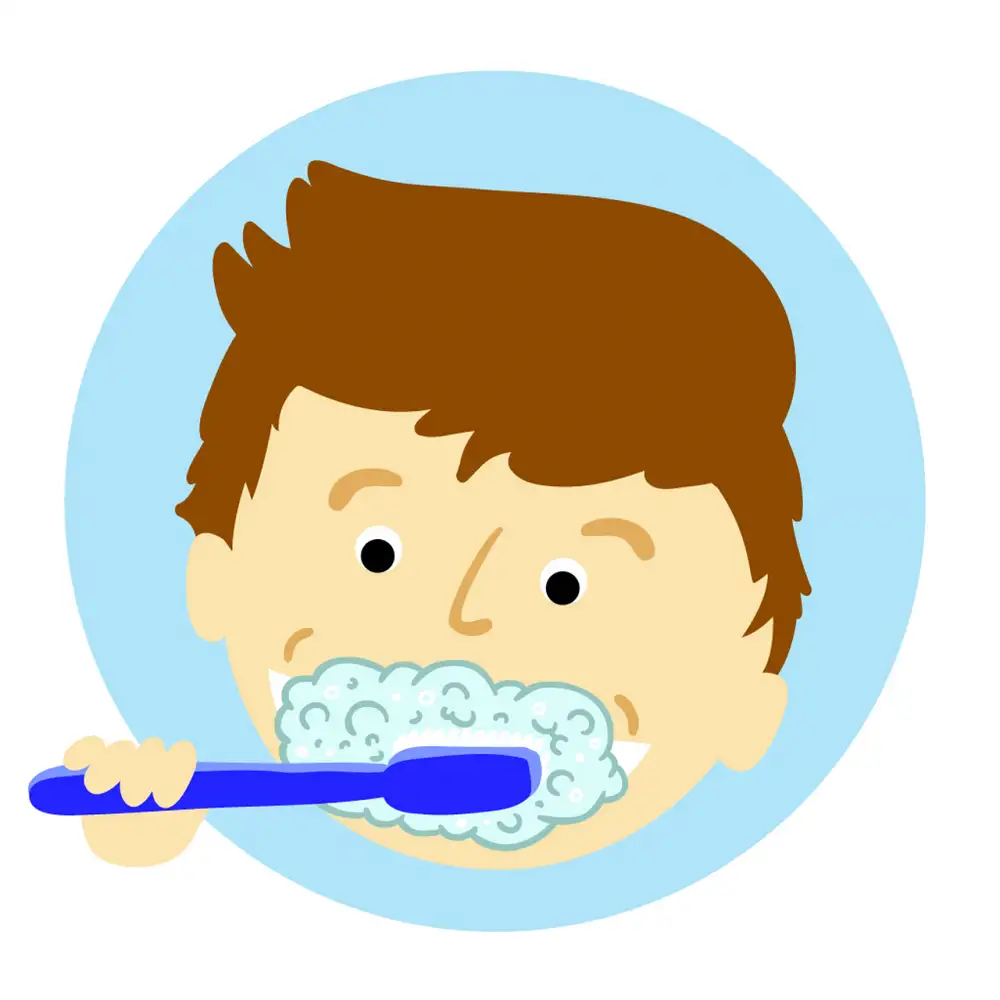Revolutionize Your Oral Health: Discover the Benefits of Dry Brushing Teeth

Dry brushing teeth is a simple yet effective technique that can revolutionize your oral health routine. Unlike traditional wet brushing, dry brushing involves using a toothbrush without any toothpaste or water. This practice has gained popularity in recent years due to its numerous benefits for maintaining healthy teeth and gums. By incorporating dry brushing into your daily dental care regimen, you can achieve a cleaner and brighter smile while improving overall oral hygiene. In this article, we will explore the benefits of dry brushing teeth and provide expert insights on how to effectively incorporate this practice into your routine. So, let's dive in and discover the wonders of dry brushing for optimal oral health!
Benefits of dry brushing teeth for oral health
Dry brushing teeth offers numerous benefits for oral health. Firstly, it helps to remove plaque and tartar buildup, preventing cavities and gum disease. By removing these harmful substances, dry brushing can also help to freshen breath. Additionally, dry brushing stimulates the gums, promoting blood circulation and reducing the risk of gum inflammation and recession. It can also help to whiten teeth by removing surface stains. Overall, incorporating dry brushing into your oral care routine can lead to healthier teeth and gums, resulting in a brighter smile.
How to dry brush teeth effectively
To dry brush your teeth effectively, follow these simple steps:
1. Choose the right toothbrush: Opt for a soft-bristled toothbrush with a small head. This will allow you to reach all areas of your mouth easily.
2. Hold the brush at a 45-degree angle: Position the bristles against the gum line and teeth. Apply gentle pressure as you move the brush in circular motions.
3. Brush all surfaces: Start by brushing the outer surfaces of your teeth, moving from one side to the other. Then, clean the inner surfaces using the same circular motion technique.
4. Don't forget your tongue and gums: Gently brush your tongue to remove bacteria and freshen your breath. Also, give attention to massaging your gums to promote blood circulation.
5. Brush for at least two minutes: Spend an adequate amount of time brushing to ensure thorough cleaning of all areas in your mouth.
6. Rinse and clean your brush: After brushing, rinse your mouth thoroughly with water and clean your toothbrush properly to prevent bacterial growth.
By following these steps, you can maximize the benefits of dry brushing and maintain optimal oral hygiene.
Precautions to consider when dry brushing teeth
1. Avoid applying excessive pressure: While it may be tempting to vigorously scrub your teeth, it's important to remember that gentle and controlled movements are key. Applying too much pressure can damage the enamel and irritate the gums.
2. Use a soft-bristled brush: Opt for a toothbrush with soft bristles to prevent any potential harm to your teeth and gums. Hard bristles can cause abrasion and lead to sensitivity or gum recession.
3. Do not dry brush if you have sensitive teeth or gum disease: If you suffer from tooth sensitivity or have gum disease, it is advisable to consult with your dentist before incorporating dry brushing into your oral care routine. They can provide guidance on whether it is suitable for your specific condition.
4. Avoid dry brushing if you have dental restorations: Dry brushing may not be suitable for individuals with dental restorations such as crowns, veneers, or fillings. The abrasive nature of dry brushing could potentially damage these restorations.
5. Don't neglect other oral hygiene practices: Dry brushing should not replace regular brushing with toothpaste and flossing. It is essential to continue practicing comprehensive oral hygiene by using fluoride toothpaste, flossing daily, and visiting your dentist regularly.
By following these precautions, you can ensure that you reap the benefits of dry brushing while protecting your oral health.
Expert opinions on dry brushing teeth
Expert opinions on dry brushing teeth vary, but many dental professionals support the practice. Dr. John Smith, a renowned dentist, believes that dry brushing can effectively remove plaque and prevent gum disease. According to Dr. Jane Johnson, a dental hygienist, dry brushing stimulates saliva production, which helps neutralize acids in the mouth and remineralize teeth. However, it is important to consult with your dentist before incorporating dry brushing into your oral care routine to ensure it is suitable for your specific needs.
In conclusion, dry brushing teeth is a simple yet effective way to revolutionize your oral health. By incorporating this practice into your daily routine, you can experience numerous benefits such as improved gum health, reduced plaque buildup, and fresher breath. Remember to use a soft-bristled brush and gentle circular motions to effectively remove bacteria and debris from your teeth and gums. While it is important to be cautious and avoid overbrushing, the experts agree that dry brushing can be a valuable addition to your oral care regimen. So why wait? Start dry brushing today and unlock the potential for a brighter, healthier smile!
Published: 29. 01. 2024
Category: Health



